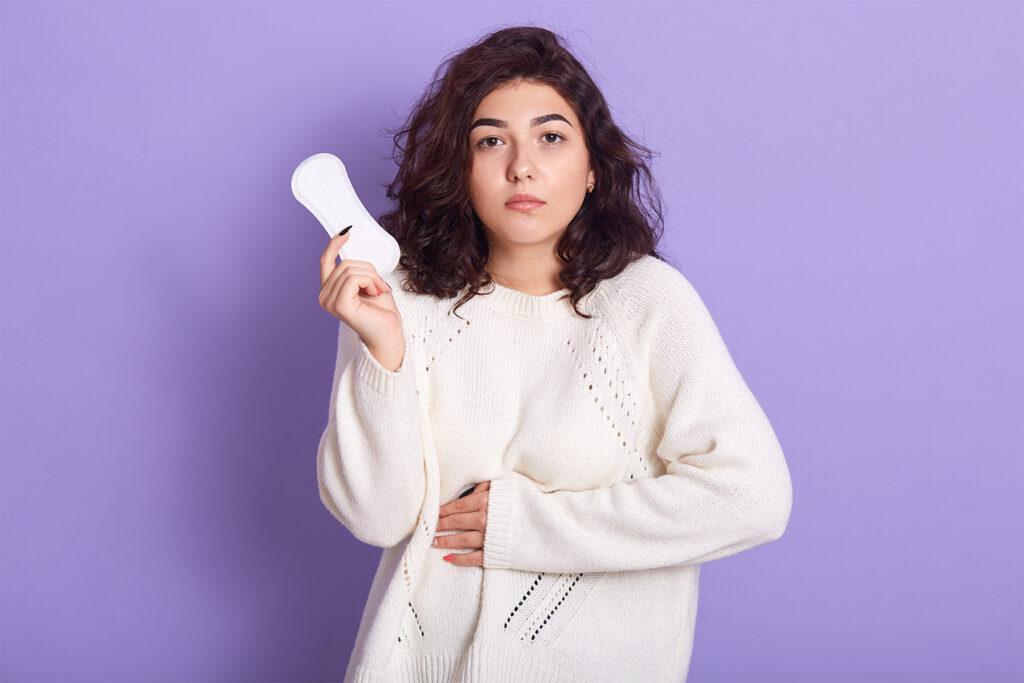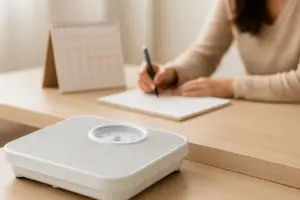
For many women and girls, getting their period every month comes with a variety of signs and changes in the body. Some of these changes happen days or even a week before bleeding starts. These signs are called premenstrual symptoms, or PMS. Knowing them can help you feel more prepared and in control.
What is a period?
A period is a part of your menstrual cycle, which usually lasts around 28 days. The cycle prepares your body for pregnancy each month. When pregnancy doesn’t happen, your uterus sheds its lining in the form of menstrual bleeding, which is usually referred to as periods. Before the bleeding starts, your body goes through hormonal changes. These produce physical, emotional, and mental changes in the body.
Also Read | Study links unhealthy diet to earlier puberty in girls
Common signs of period
Bloating: Feeling swollen or puffy, especially in your belly? This is called bloating. It’s caused by fluid retention because of hormonal changes, especially a rise in oestrogen. You need to drink a lot of fluids and reduce salty foods.
Cramps: It’s a dull ache in the lower abdomen. It is one of the most common early signs. This condition can start one to three days before your period starts. Your body produces chemicals called prostaglandins, which help the uterus contract and shed the lining. You can use a heat pad, drink warm tea or take over-the-counter pain relievers if required.
Mood swings or irritability: Are you experiencing emotions or becoming easily irritated? You are not alone. Many people feel more sensitive or upset just before their period. Hormonal shifts can impact your brain chemicals like serotonin, which influences your mood levels. You must get enough sleep and talk to someone if you are feeling overwhelmed.

Tender or sore breasts: Your breasts might feel fuller or swollen before your period. Hormones like progesterone cause the milk glands in your breast to enlarge slightly. You need to wear a comfortable bra and avoid caffeine, which can worsen it for some people.
When do PMS symptoms start?
Premenstrual symptoms usually begin five to seven days before your period starts. For some, they might even appear a week or more in advance. Once bleeding begins, most symptoms begin to fade away. The symptoms differ from person to person. Some may experience all the signs, some just have a few, and some barely notice anything.
How to feel better before your period?
You must exercise regularly. Light walking might help. Avoid too much salt, sugar or caffeine. You should also try to rest enough, as this will help your body reset. Water helps fight bloating and fatigue, so you need to stay hydrated.
Also Read | Struggling to conceive? Understanding the possible causes
Periods are a natural part of life, and so are the signs that come before them. Once you learn how your body signals that your period is coming, it’s easy to manage the symptoms and plan your days.








